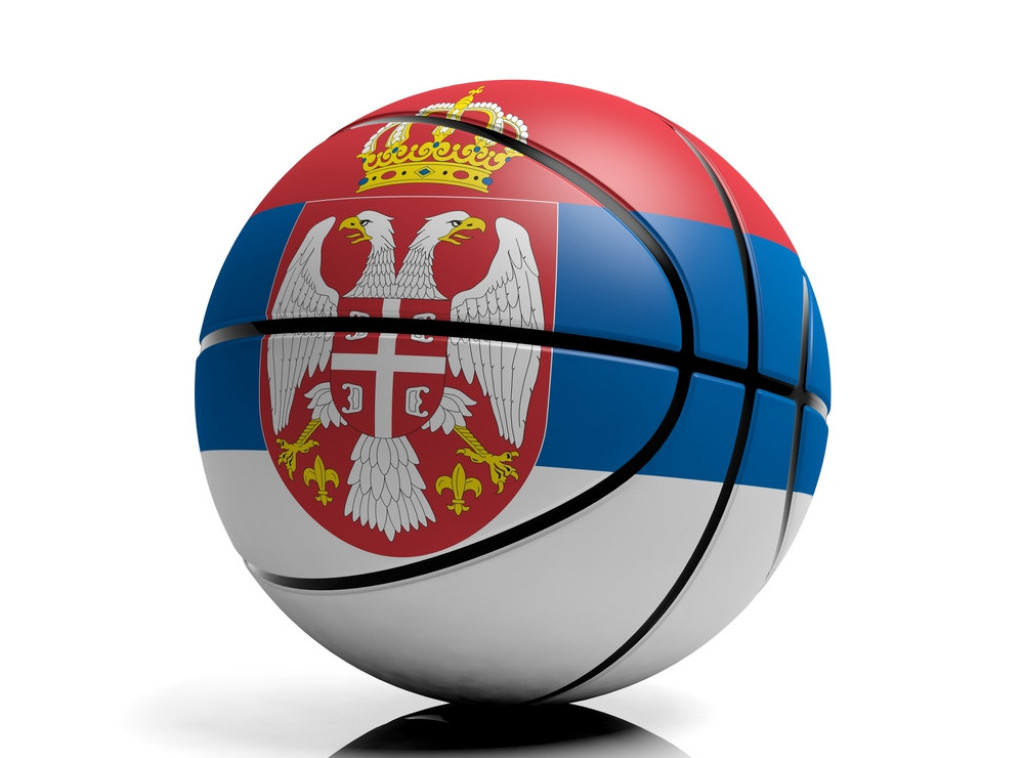Taking a break from drinking in January leads to less alcohol consumption in the following months “and drinking less is better for your health,” an expert said.
Paris held its first edition of a competition for “the best mocktail” to mark Dry January, a month when people are encouraged to abstain from drinking alcohol.
The event took place in Paris’s city hall with three young trainees competing for first place in front of a 10-person jury.
“This is almost a detox juice and everything is homemade,” said Hyppolite Damon from the French hospitality school EPMT who created a mocktail with carrot, honey, lemon syrup, and smoked rosemary.
Damon received the first-place prize for the drink.
Three Parisian nightclubs also showed off their latest non-alcoholic creations in a bid to woo the jury.
“For us, it's very important to come and support Dry January because alcohol is a real public health issue, with all the illnesses it causes. In 2023, alcohol will cause 49,000 deaths,”
Anne-Claire Boux, the deputy mayor of Paris in charge of public health issues, told Euronews Health.
She also mentioned the role alcohol plays in road accidents and sexist and sexual violence.
“It's important for this event to show that there can be an alternative that's just as enjoyable and that doesn't take anything away from the festivities,” she added.
While the city of Paris organised the event in support of Dry January, an initiative first officially launched in the UK in 2013, the French government has not publicly backed any Dry January campaign.
In the UK, however, the initiative has been supported by Public Health England since 2015.
French public radio recently published investigations into the lobbying efforts of alcohol manufacturers, with NGOs criticising what they say has had an impact on political decisions.
“It's true that the French government not only didn't want [to support Dry January] but at the start, was opposed to it. Being here today, in the largest town hall in France, it's a great symbolic gesture,” Bernard Basset, a doctor and the president of Addiction France, told Euronews Health.
Risk for health
In 2019, one in twelve people in the EU aged over 15 consumed alcohol daily, according to the European Health Interview Survey (EHIS).
France had more daily and weekly drinkers compared to the European average.
Around 26 per cent of Europeans reported not having had alcohol in the past year, and in France, it was slightly lower with 23 per cent.
Alcohol consumption has been linked to liver disease, heart disease, and different types of cancers, as well as mental health conditions such as depression, anxiety and alcohol use disorders, according to the World Health Organization (WHO).
“The key is to assess your consumption. We know that there are guidelines for lower-risk consumption,” Basset said, referencing the maximum of two drinks a day, and not everyday guidelines provided by the national public health institution.
“What has been shown is that when you take a break from drinking in January, you drink less in the months and years that follow, and drinking less is better for your health,” he added.

 2 months ago
20
2 months ago
20






 We deliver critical software at unparalleled value and speed to help your business thrive
We deliver critical software at unparalleled value and speed to help your business thrive






 English (US) ·
English (US) ·